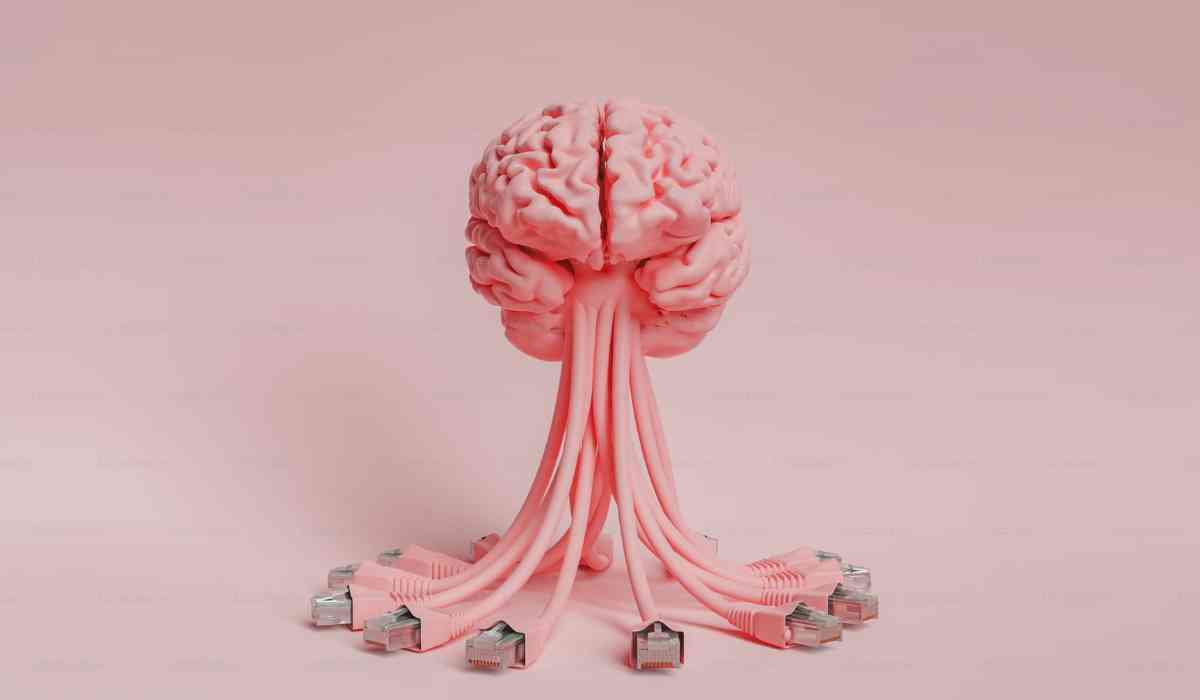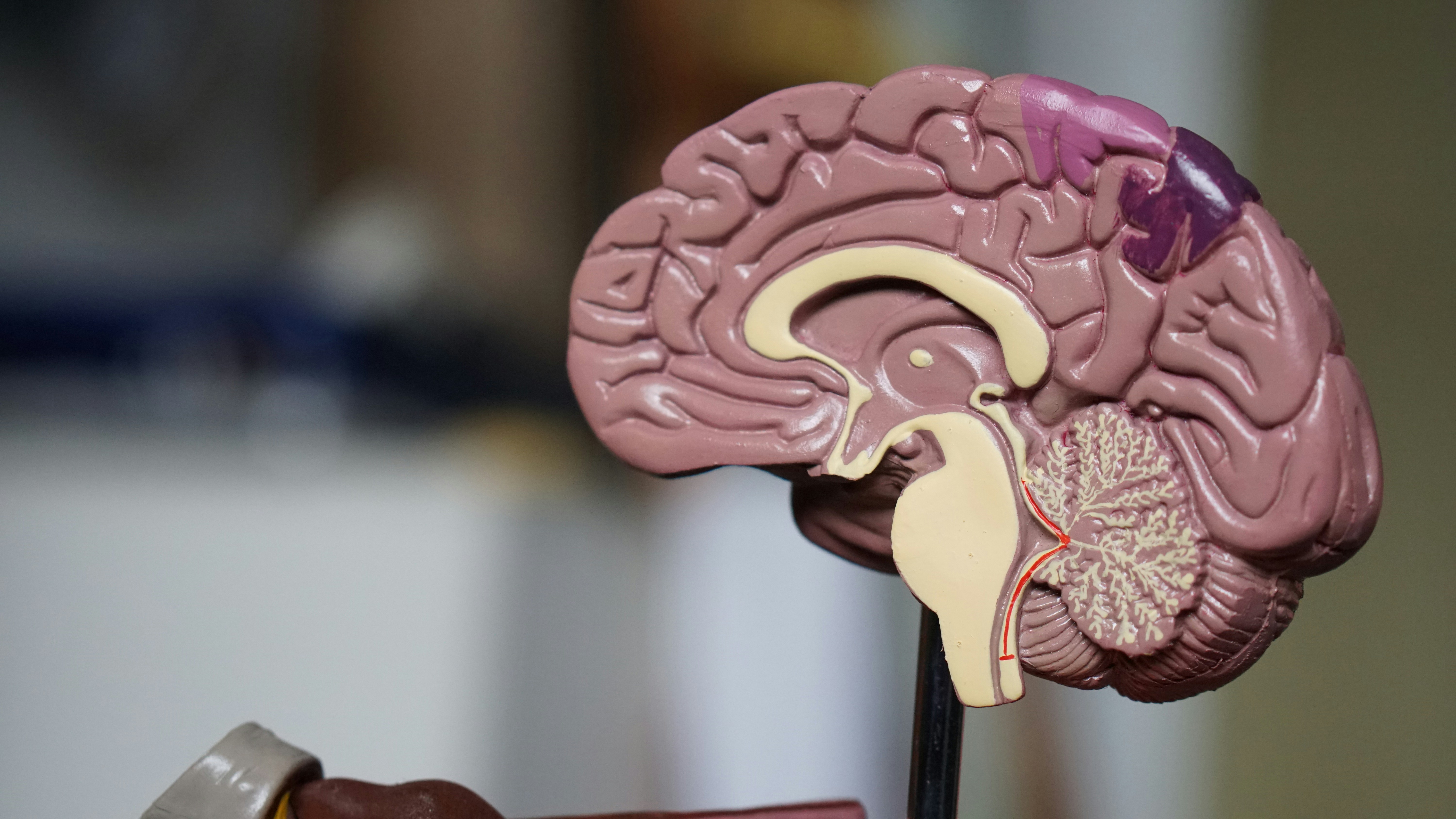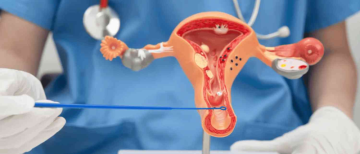The gut-brain link is complicated and bidirectional. Your digestive system and central nervous system exchange signals with each other, so conditions affecting one can have an impact on the other. Your gut flora, vagus nerve, and enteric nervous system are important participants in this relationship.
What is the gut-brain connection?
Your gut speaks to your brain and your brain responds. You've encountered this communication if you've ever had a "gut feeling." It's similar to how picturing an exciting occasion can give you butterflies in your stomach while seeing something horrible can give you the chills. And it's about how you can make decisions based on your gut instinct, or "going with your gut."
Your brain communicates with the rest of your body via nerves (your nervous system). However, your gut and intellect are like best friends. They discuss a wide range of topics, from emotional to realistic and bodily. More data than any other system in the body is transferred between the gut and the brain. Your stomach contains more nerve cells than any other place in your body, save your brain.
What is the purpose of the gut-brain connection?
Our brains and digestive systems have coevolved to help us live. Our diets are very important to our general health and have changed significantly over time based on what was available. For us to ensure that we were getting the nutrients we required, our guts and brains had to work together closely. We also needed a reliable alarm system in case we ate the wrong food or had to stop our digestion.
Your brain's emotional center is a part of this alarm system. Your emotional brain takes over following a physical injury to remind you to prevent that harm in the future. Your gut's physical feelings may seem more strong while you're feeling emotional. Your stress levels and emotional responses may also be elevated by intense physical sensations. There is a very powerful feedback loop between your gut and brain.
How do healthcare providers treat disorders of the gut and brain?
Physicians are experimenting with altering your gut microbiota to address some of these conditions. Healthy gut microbiota may help reduce gastrointestinal, neurological, inflammatory, and emotional stress symptoms, according to animal investigations.
A behavioural medicine specialist may be able to help patients with mind-body therapy for specific functional gastrointestinal diseases. Resolving or at least learning to manage persistent GI issues may benefit from a variety of therapy approaches. Additionally, they can lessen stress and elevate your general mood, which may indirectly benefit your digestive system.
What can I do at home to nurture my gut-brain axis?
Maintaining a healthy, balanced diet is the greatest approach to taking care of your gut health daily, and maybe your brain health as well. By managing your stress, you can also look after the health of your brain and potentially, indirectly, your stomach.
Nerves and chemical impulses allow your gut and brain to communicate with each other continuously. Their closeness allows them to sense one other's suffering. A disease that affects one of your neurological or digestive systems may also affect the other. More medical professionals are starting to address these disorders from both sides of the gut-brain axis. By looking after your digestive and mental health, you can too.
Ⓒ Copyright 2024. All Rights Reserved Powered by Vygr Media.






















